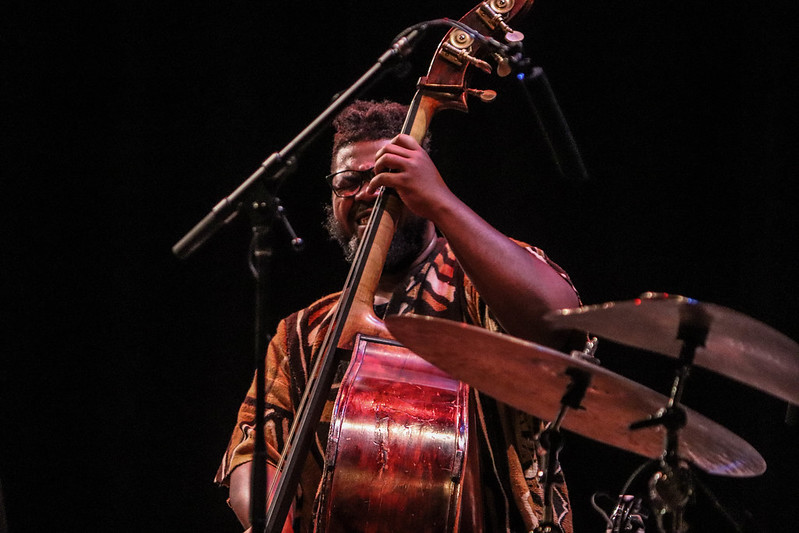Music has shaped cultures and communities throughout the world and has been passed down through generations to keep histories alive. It can amplify one’s attitudes and motivate change, which makes it a uniquely powerful cultural stimulant.
Black people have been a part of American history since the discovery of the New World and their influences are credited to even before the slave trade. The African diaspora introduced new sounds that paved the way to modern music today.
Historically, the use of music during hardships was a way that Black people used to communicate with each other. African Americans cultivated their own slave songs as a way to connect with one another. No matter how hard slave owners tried to strip Africans of their culture, they were unsuccessful in their attempts due to the influence of African American sound.
In the late 1800s and early 1900s, African American culture and music became prevalent in certain areas of the United States. In New Orleans, old civil war machinery became readily available and thus began the lengthy brass and clarinet history in New Orleans.
Ragtime music also evolved in the early 20th century and served as a bridge between early jazz and contemporary rhythmic music. It demonstrates the dichotomy between written and oral music and laid the foundations for future genres. Ragtime was joined by the rise of blues, which was dictated by a raw, emotion-filled voice that borrowed elements from slave songs. Blues became the foundation of many genres within modern music but is most notably apparent in country music today.
Some may doubt the value of Black culture that shows itself through music; however, it’s clear that Black culture prevails throughout American culture. W.E.B Du Bois coined the concept of the double consciousness, which explains that Black people have their own distinct identity in America. Black Americans have a culture that is unique from Africans, while remaining distinct from white Americans too. There are numerous cultural practices in music that are uniquely Black, such as blues, jazz, and R&B, and this blend of culture created a widespread mix of different genres that carry their weight into contemporary music.
In the modern day, these influences can be found in almost every type of music: Jazz and blues, R&B and soul, hip-hop and rap, and rock ‘n’ roll, to name a few. It is hardly a stretch to say that a majority of the music we listen to today would simply not exist if it weren’t for Black performers.
Call-and-response songs, for example, are a form of spiritual and democratic music with roots in traditional African music, which emphasize a direct connection from speaker to responder. The speaker is usually a single person, while the caller can be a collective group of people. For example, both Kanye West’s “Gold Digger” and Pharrell Williams’ “Happy” use the call-and-response technique to portray a conversation between the speaker and listener. Another example can be seen within Freddie Mercury’s performance at “Live Aid” on July 13, 1985 at Wembley stadium. Mercury controlled the crowd’s attention and created a powerful connection with his fans during this call-and-response performance.
Persevering through humiliation and persecution from the American mainstream media, African American musicians and music enthusiasts exerted personal agency and affirmed their identities through music. Music even had a vital role in the 20th century Civil Rights Movement.
Today, black artists are constantly and continually advancing the music world. Beyoncé, Kanye West, Alicia Keys, Kendrick Lamar and countless others have taken the world by storm in connecting the Black experience to their music.
The fabric of American society desperately relies on African American culture, especially their music. Exploring the history and impact of African American music is an important component of understanding American history and culture.
Kaviya Raja can be reached at [email protected].



















